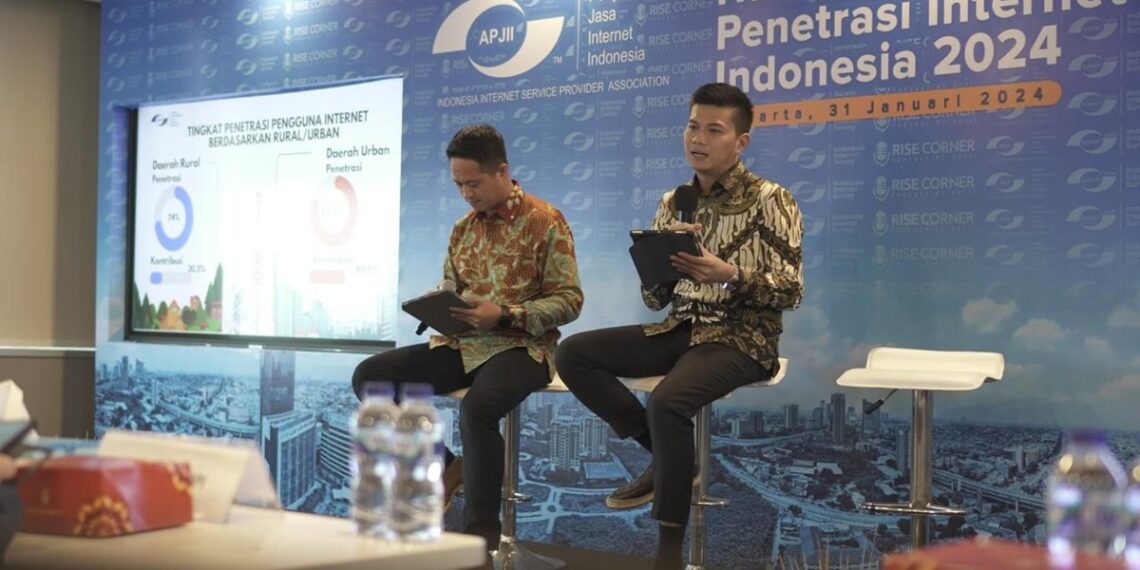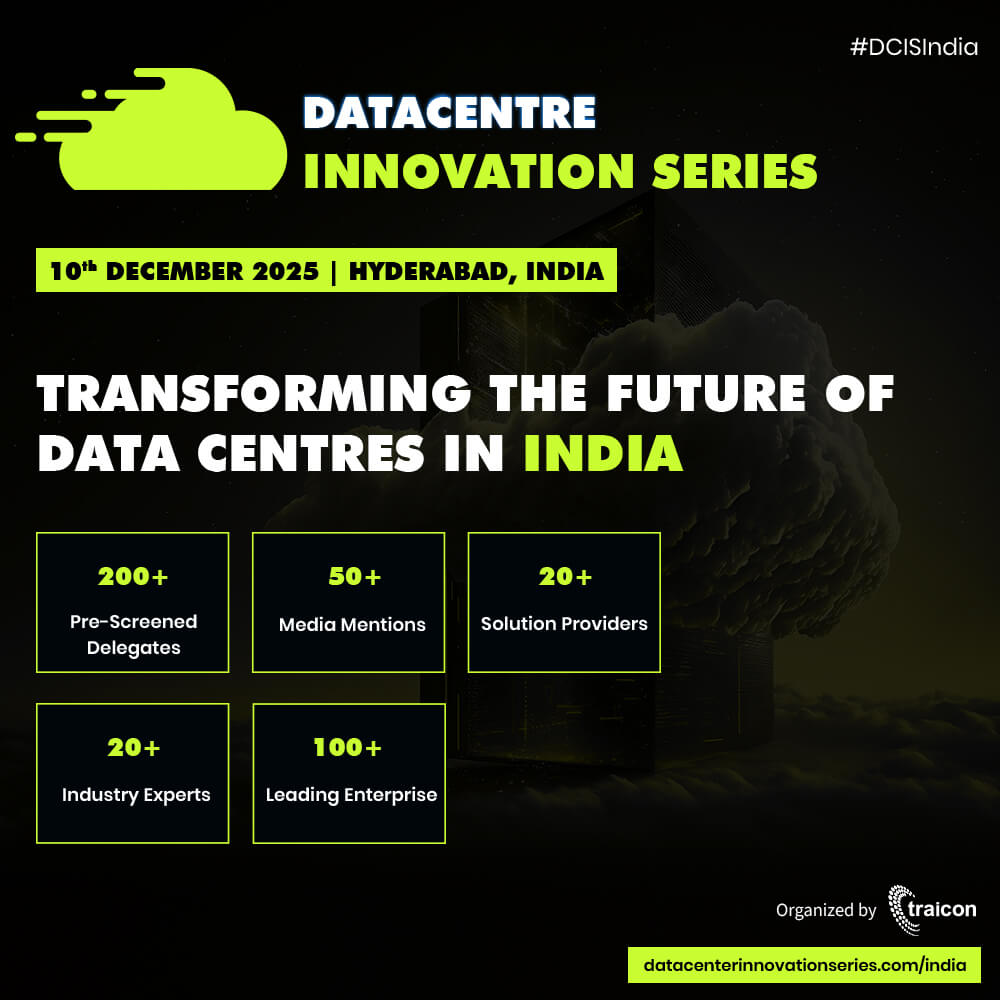Heaptalk, Jakarta — Indonesian Internet Service Provider Association (APJII) revealed that the country’s internet penetration is projected to grow significantly in 2024.
In its newest survey, data demonstrated that the archipelago’s penetration rate of internet users reached 79.5% or approximately 221.5 million of Indonesia’s population at 278.6 million in 2023. Last year’s outcome evolved up to 1.31%, compared to the 2022.
The Chairman of APJII, Muhammad Arif, explained, “Indonesian internet users have continued to increase significantly in the last five years. The results of this survey can become a benchmark for the government in regulatory aspects related to the development of communications and services. We also look forward to the output can discover locations that are not yet connected to the Internet,”
Furthermore, based on gender, male internet users have contributed 50.7%, with a penetration rate of 77.6%. Meanwhile, female internet users have contributed 49.1%, with the internet penetration rate attaining 85.5% in 2023, indicating a diminishment in the gender gap in internet access.
Based on the urban or rural classification, the contribution of internet users in urban areas reached 69.5%, with a penetration rate of 82.2%. Meanwhile, Indonesia’s rural Indonesia’s rural areas also contributed less at 30.5%, with a penetration rate of 74%. This data shows that efforts by various stakeholders to expand internet access in rural areas are still challenging.
Regionally, APJII also noted Java province as the region with the highest penetration rate of internet usage (83.64%), followed by Sumatera (77.34%), Kalimantan (77.42%), Bali and Nusa Tenggara (71.80%), Sulawesi (68.35%), Maluku and Papua (69.91%)
Apart from the high number of internet users, APJII also discovered multiple cybercrime issues, spanning personal data pilferage (20.97%), online fraud (32.5%), device infected with viruses (19.31%), unable to access applications (10.4%). Based on Arif’s perspective, the high cybercrime matter marked a low level of public literacy about the significance of data security amplification.
The data also reveals internet penetration rates according to generation, including:
- Post Gen Z (born on >2013): 48.10%, with their contribution up to 9.17%
- Gen Z (1997 – 2012): 87.02%, with a contribution of 34.40%
- Millennial (1981 – 1996): 93.17%, contributed about 30.62%
- Gen X (1965 – 1980): 83.69%, with contribution of 18.98%
- Baby Boomers (1946 – 1964): 60.52%, contributed at 6.58%
- Pre-Boomer (<1945): 32.00%, contributed to 0.24%
“Survey disclosed a correlation between age and internet users’ adaptation, which rising generation dominates. They tend to possess a high penetration rate. This growth allows business people to see Indonesia’s digital space movement.” Arif affirmed. (01/31)












